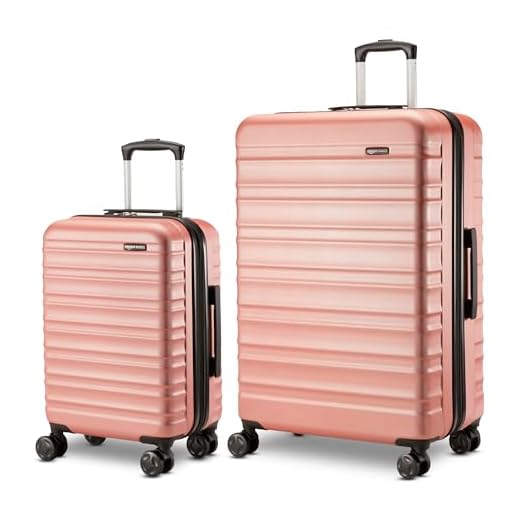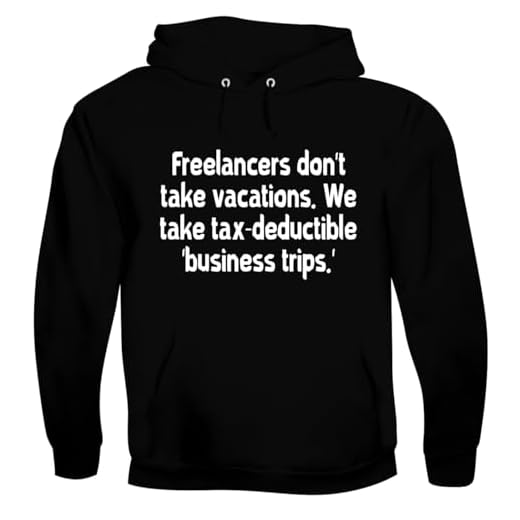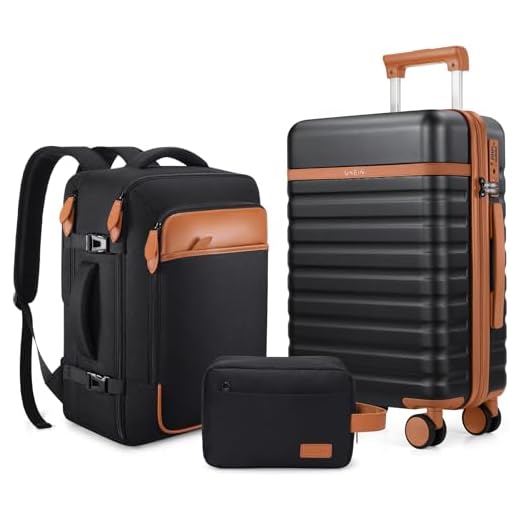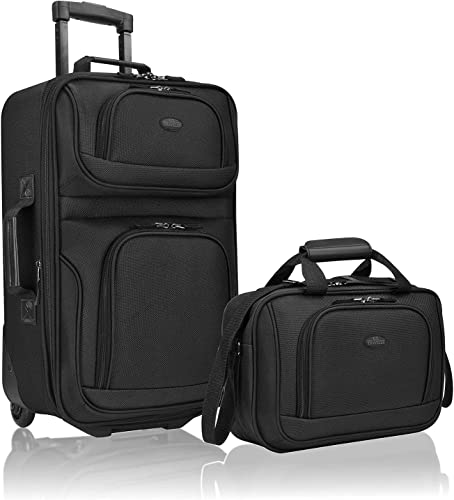






Expenses related to travel for business purposes can often provide a financial advantage. When traveling for meetings, conferences, or client engagements, certain costs associated with bags or equipment necessary for work duties might qualify for reimbursement or tax relief. It’s essential to maintain comprehensive records, such as receipts and itineraries, confirming that these expenditures were directly linked to business activities.
When evaluating whether expenses for personal belongings used during trips can lead to financial benefits, one should consider the nature of the travel. If the primary reason for the trip was work-related, costs incurred for items like suitcases or specialized gear necessary for the job may be applicable. Documenting the purpose and use of these items can support claims during audits or reviews.
Consulting with a tax advisor or financial expert is advisable to ensure the correct application of applicable regulations regarding travel expenses. Guidelines can vary significantly based on jurisdiction, making professional advice invaluable in maximizing potential financial benefits while remaining compliant with the law.
Claiming Travel Gear as a Business Expense
Accurate records are key. Keep receipts for all travel accessories purchased for work-related activities. Ensure that the items directly support your job duties or business operations.
Consider these specific points:
- Clear Purpose: Only items used in the course of business travel qualify. Personal use diminishes the likelihood of approval.
- Condition and Price: Document the purchase price and condition, as well as any depreciation over time if applicable.
- Reimbursement Policies: If your employer provides funds or reimbursements for such items, additional claims may not apply.
- Inventory Keeping: Maintain a thorough list of purchased items, detailing dates of purchases and their use cases.
- Consult Professionals: Seek advice from a tax professional or accountant to clarify specific eligibility and maximize benefits.
Being meticulous with documentation and following the regulations closely can enhance the chance of successfully reporting these expenses.
Understanding the Criteria for Deducting Luggage Expenses
For legitimate business activities, expenses related to travel gear may qualify for write-offs. Ensure purchases directly pertain to employment responsibilities and are necessary for performing duties effectively.
Specific Requirements
Always document the purchase with receipts, specifying the purpose. Keeping records of travel itineraries and business meetings serves as additional evidence of the necessity for these items. Evaluate the relationship between the purchase and business activities to justify the expense.
Personal vs. Professional Use
When determining eligibility for expense relief, differentiate between personal and professional purposes. If an item serves primarily personal functions, it generally does not qualify. Proving that the purchase was essential for business travel can strengthen the case for reimbursement.
Consider consulting a tax advisor to navigate specific regulations and verify eligibility to avoid any potential complications during the filing process.
Identifying Qualifying Travel for Business Deductions
To ensure eligibility for deductions related to travel, precise criteria must be followed. Travel expenses can be written off if they are directly associated with business activities. Here’s how to identify qualifying trips:
| Criteria | Description |
|---|---|
| Business Purpose | Travel must serve a legitimate business function, such as attending meetings, conferences, or client visits. |
| Duration | Trips should typically involve overnight stays. Day trips may qualify if traveling a significant distance from the usual workplace. |
| Direct Expenses | Only expenses directly related to the business aspect of travel, including transportation, lodging, and meals, are eligible. |
| Documentation | Maintain records such as itineraries, receipts, and invoices that clearly depict the business intention of the trip. |
| Compliance with Limits | Stay within established limits for meals and entertainment expenditures to avoid disqualification. |
Evaluating travel against these criteria ensures compliance and maximizes potential savings relevant to business expenses.
Documenting Your Luggage Purchases for Financial Purposes
Keep receipts for every bag you purchase to substantiate expenses. This documentation is essential for any potential financial benefits. Store digital copies or maintain a dedicated folder for paper receipts to avoid loss.
Detailed Record Keeping
Note the date, amount spent, and the business context of each acquisition. Describe how the item contributes to your professional tasks, whether for transporting equipment, client meetings, or business trips. A clear explanation can strengthen your position during verification.
Usage Logs
Maintain a travel log that outlines each trip, including destinations, purposes, and duration. This log provides context to expenses and helps establish a direct link between the items and business operations. Utilize a simple spreadsheet or a dedicated app to track this information effectively.
Calculating the Amount You Can Deduct for Luggage
To determine the deductible amount for your baggage, start by identifying the total expenses incurred for purchasing or renting it. Consider the original cost of the item, including applicable taxes and fees. If a portion of the expense relates to personal use, apportion the total in line with business-related usage.
For instance, if you utilize the equipment for work purposes 70% of the time, you may deduct 70% of the purchase price. Keep in mind, depreciation may also be applicable, allowing you to account for any decline in value over time. The IRS provides guidelines for this process, typically allowing a useful life of five years for business items.
Should you also incur maintenance costs, such as repairs or cleaning, these too can often be included in the total deductible amount, enhancing your overall deduction. Just ensure that any claims made are substantiated with receipts and detailed records reflecting the purpose of your purchases.
Don’t forget to review the latest regulations and thresholds concerning such expenses, as these can change. Investigate any specific allowances or caps that may apply to your unique situation.
Common Mistakes to Avoid When Claiming Luggage Deductions
One of the key blunders is failing to differentiate between personal and business expenses. Mixing these categories can lead to improper claims, which tax authorities may reject. Ensure the purchase aligns strictly with your business activities.
Inadequate documentation is another frequent issue. Always maintain receipts, invoices, and proof of business-related travel. This evidence is crucial when substantiating your expenses during audits.
Neglecting Proportional Claims
Don’t overlook the need for proportional claims if a bag is used for both personal and professional purposes. Allocate only the relevant portion to your business activities to avoid complications with tax authorities.
Timing of Purchases
Purchasing items shortly before or after a business trip can raise red flags. Ensure that your expenditures are closely tied to specific trips and maintain records of travel dates. This clarity helps justify your claims effectively. For instance, if planning a trip inspired by the best time to go see umbrella sky, align your expenses accordingly.
Lastly, generalizing claims without reviewing specific guidelines can lead to errors. Familiarize yourself with current regulations regarding travel expenses. Consider researching necessary tools like the best backpack sprayer for weeds for business contexts that might also incur related expenses.
Always check if your purchases fit within the allowable limits defined by tax rules to avoid any unexpected consequences. For example, ensure that the items you acquire, like the best graphite 9kg washing machine, serve a valid purpose for your business needs.







